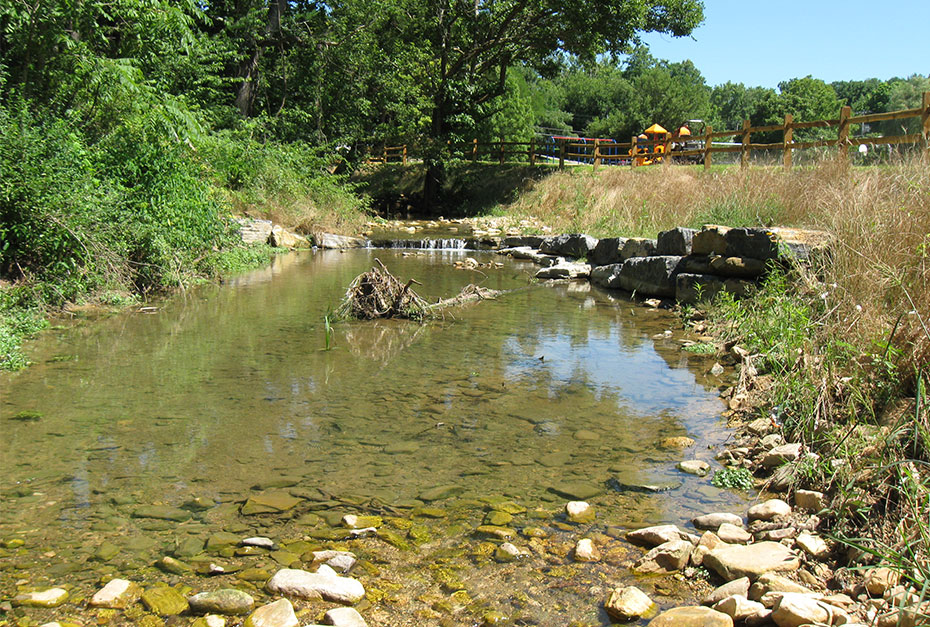The Virginia Department of Environmental Quality (DEQ) has updated the Stormwater Local Assistance Fund (SLAF) Program Guidelines to support financially stressed local governments and to include Total Nitrogen (TN) reductions in the scoring regime. These changes reconcile the guidelines with recent §62.1-44.15:29.1 Code of Virginia amendments. Wetland Studies and Solutions, Inc. (WSSI) has supported numerous localities through more than three dozen SLAF grant applications and projects since the program was established in Virginia’s 2013-2014 budget.
As DEQ noted in the guidance memo: “The changes represent a collaborative process to improve the use of state funding for the implementation of stormwater best management practices that address cost efficiency and commitments related to reducing water quality pollutant loads.”
Funding
The changes allow localities with above average financial stress to use SLAF grants to cover more than 50 percent of a project’s cost. Prior to this, no recipient was allowed to obtain more than half the project cost through a SLAF grant.
Nutrient Reduction Scoring
Total Phosphorus (TP) has been used as the nutrient of concern in Virginia regulations so it has been used as the criterion for evaluating pollution remediation benefits in SLAF grant applications. However, some best management practices provide greater TN amelioration than they do proportional TP benefit. The adjusted scoring converts those TN numbers back to TP scores using guidelines from Virginia’s Chesapeake Bay TMDL Phase III Watershed Implementation Plan.
Contact us for questions about your existing and future SLAF grant projects, or to learn more about the new guidance.

